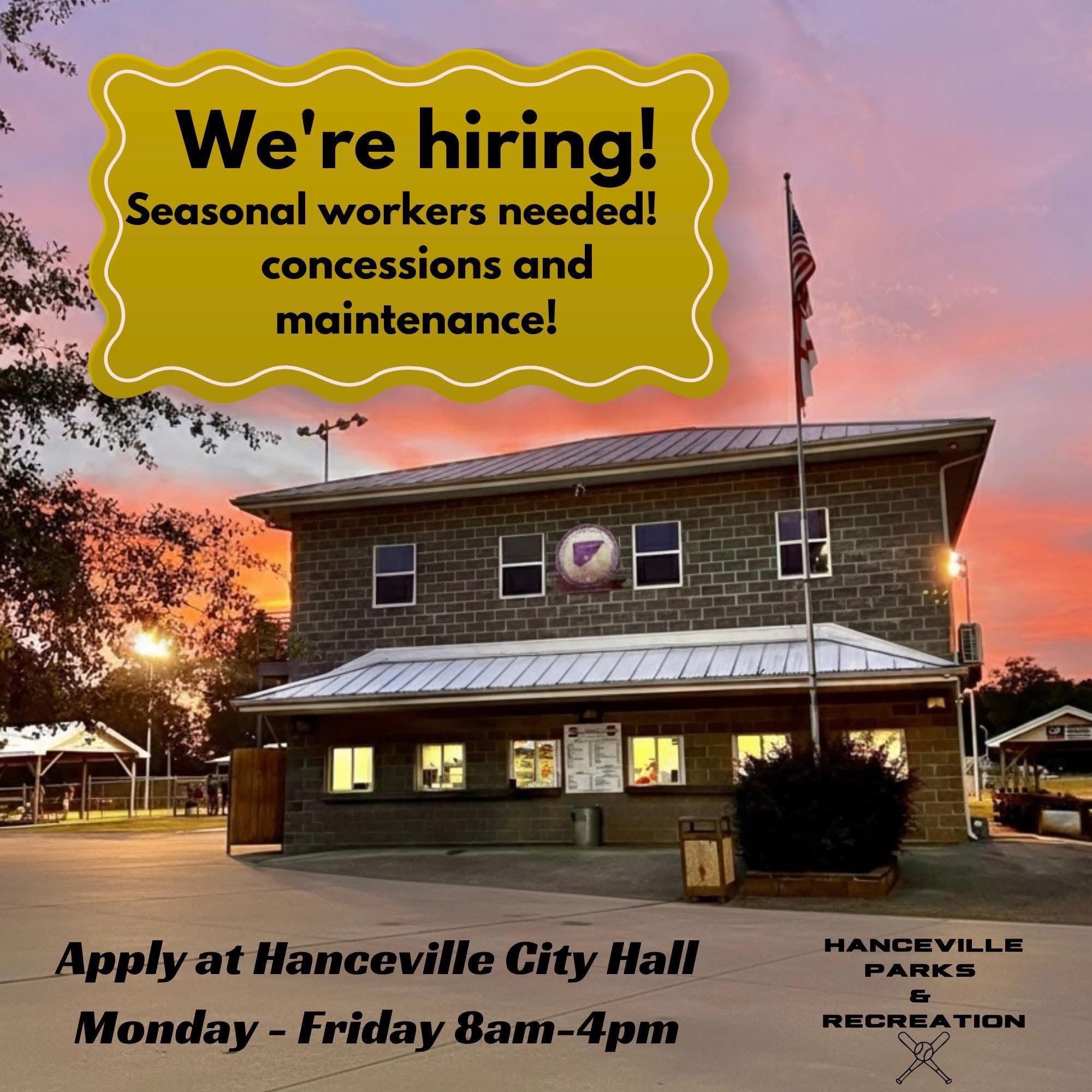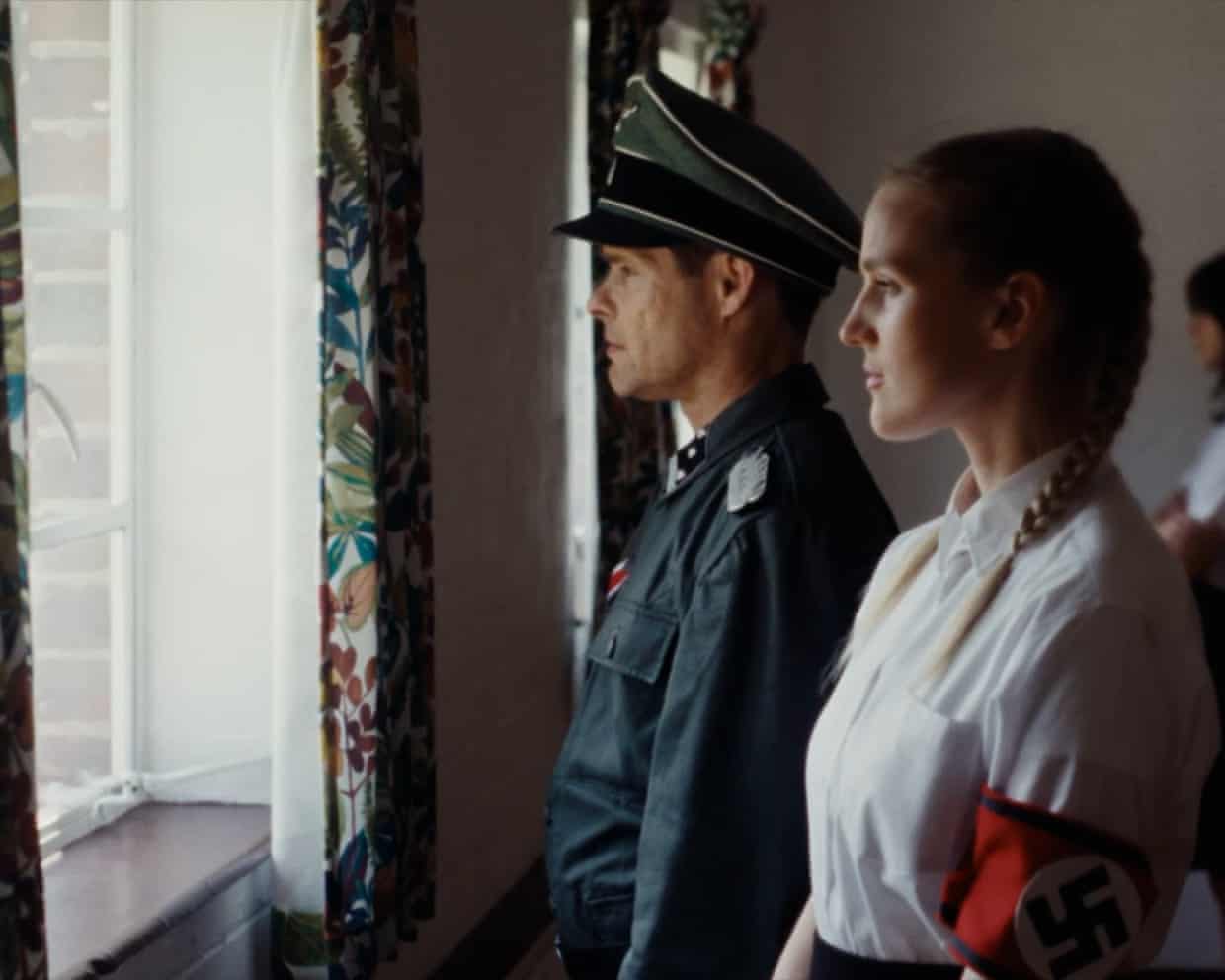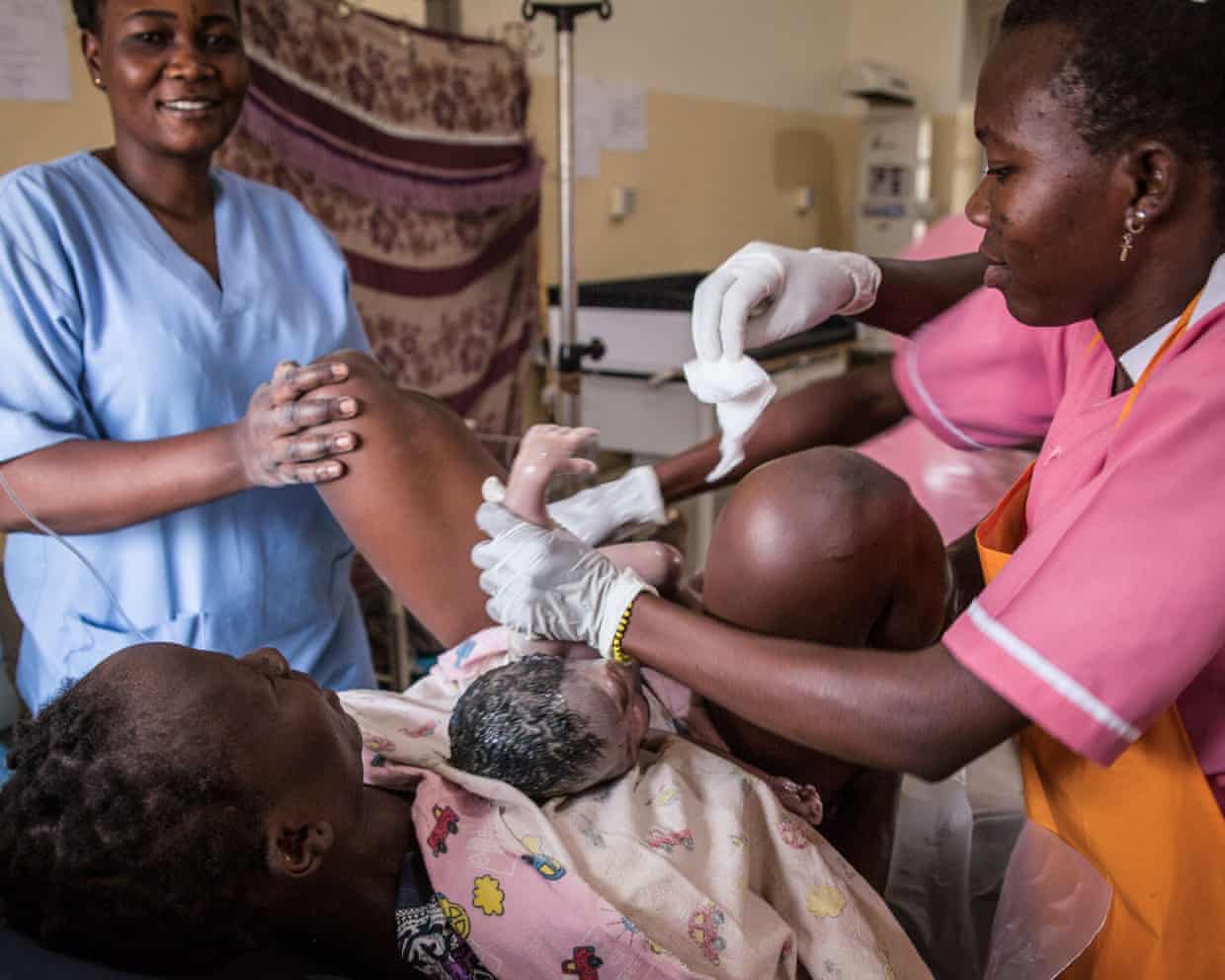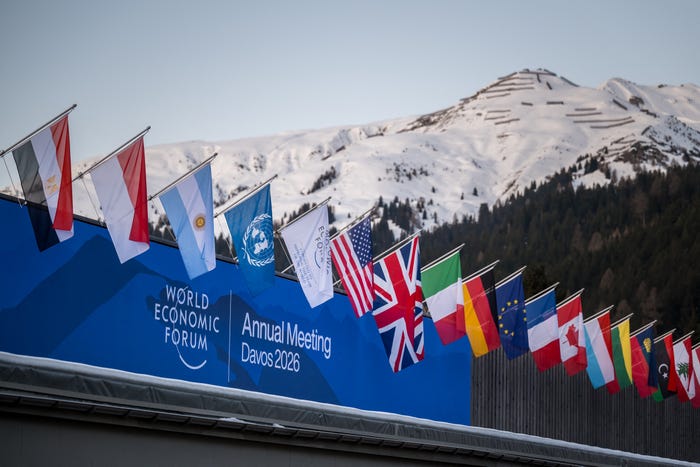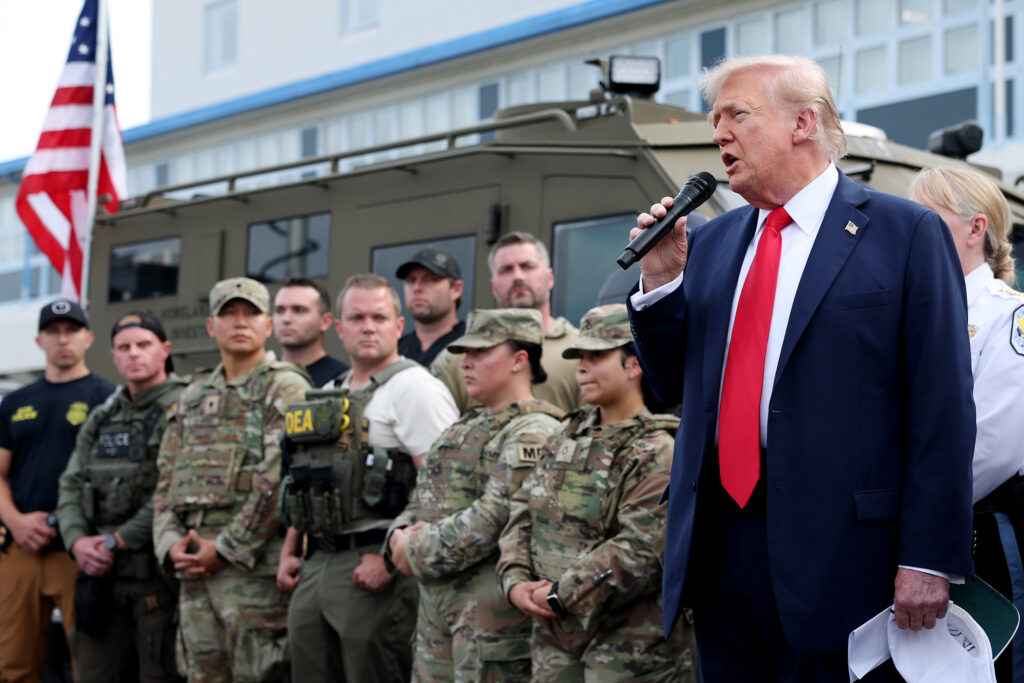
UPDATE: President Donald Trump faces intense criticism for suggesting the deployment of the National Guard to manage “roving mobs of wild youth” in cities like Washington, D.C., Chicago, and Baltimore. This alarming statement threatens to undermine decades of juvenile justice reform and could escalate tensions in communities already grappling with youth crime.
The president’s remarks, made during a visit to the U.S. Park Police Anacostia Operations Facility on August 21, 2025, have sparked an urgent debate about the treatment of young people in America. Critics, including Jeanine Pirro, the U.S. attorney for D.C., advocate for harsher measures, proposing that violent young offenders be prosecuted in adult court. However, this rhetoric echoes the discredited “super-predator” language of the 1990s, which led to a generation of systemic injustices against youth in communities of color.
“History shows that aggressive displays of strength harm the very communities they claim to protect,” said Geordie McClelland, board co-chair of Strategies for Youth, a nonprofit focused on improving law enforcement interactions with youth. This approach not only risks the safety of young people but also damages the credibility of law enforcement agencies.
The discussion comes at a critical time as cities report declining juvenile crime rates. McClelland emphasizes the need for solutions that invest in youth, such as expanding educational opportunities and reducing childhood poverty, rather than resorting to militarization. “When law enforcement interacts with youth, training must be developmentally appropriate and trauma-informed,” he stated.
Recent statistics reveal a shocking gap in knowledge among teenagers regarding their rights during police encounters. Programs like the Juvenile Justice Jeopardy, reaching youth across the nation, show that approximately 80 percent of participants learn vital information for the first time. “If we want safer communities, we must equip our young people with the knowledge they need before they encounter law enforcement,” McClelland urged.
As the debate intensifies, the deployment of the National Guard raises concerns about the safety of both the guardsmen and the communities they serve. The militarization of policing could further erode the relationship between local police and the communities they aim to protect.
The current administration’s approach to youth crime is being met with fierce resistance from advocates who argue that these tactics will only exacerbate existing issues. The call for a return to outdated policies rooted in fear and misinformation is seen as a step backward that endangers the future of America’s youth.
As communities await further developments, the urgency for a humane and effective response is clearer than ever. Young people deserve a chance to thrive, not to be treated with suspicion and aggression. The nation’s children need better support systems, not a militarized presence that could jeopardize their lives and futures.
Communities across the country are urged to engage in this critical conversation as the implications of these policies unfold. The time for change is NOW, and the stakes are too high to ignore.
